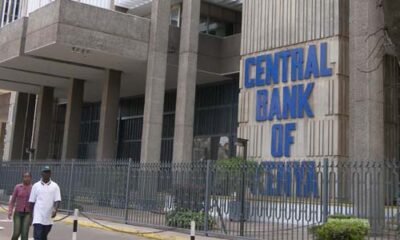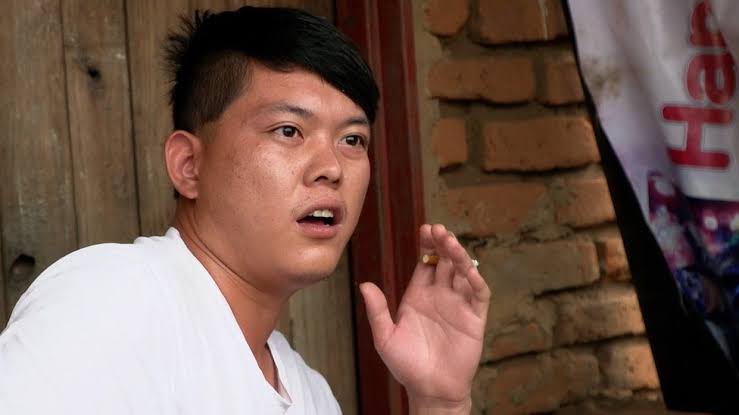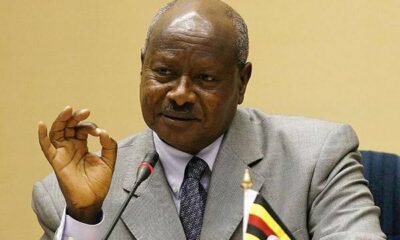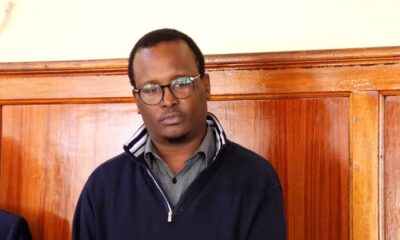Nigeria’s Vice President, Kashim Shettima, has predicted that the country is destined to become a major economic force in the world under President Bola Tinubu.
Shettima who made the prediction while playing host to a delegation from the Commonwealth Enterprise Investment Council (CWEIC) led by its Chief Executive Officer (CEO), Rosie Glazerbrook, at the Presidential Villa in Abuja on Wednesday, said he was optimistic that despite the present economic challenges, the President will turn things around with his “bold reforms and policies.”
According the former Borno State governor, the Tinubu-led administration is “committed to creating an unprecedented enabling environment for both local and foreign investors to thrive.”
“This is being done through harnessing resources of the country’s youth population in digital technology, improving electricity supply, boosting production and manufacturing, among other initiatives of the government,” he told the Commonwealth delegation.
The VP further opined that the federal government is “determined to transform the country’s demographic bulge into demographic dividends,” while assuring that the Tinubu administration would harness the resources of its young population to build a more prosperous and progressive country.
“Nigeria is ready for business after being blessed with a pro-business leader who rose from the business ecosystem and has shown commitment to supporting the growth of businesses.
“The administration is ready to create an enabling environment for both indigenous and foreign businesses to grow.
“By 2050, Nigeria will be the third most populous country in the world, and only recently, an investment bank projected that by 2075, Nigeria’s economy will be the third largest in the world.
“It shows that the trajectory of global growth is facing Africa, and Nigeria will make or mar that transition. So, the future belongs to Africa. If Nigeria works, Africa works.
“You have come to Nigeria at the right time, a time when a pro-business government is at the helm of affairs in the country and we are ready for business,” Shettima boasted.

 Sports1 day ago
Sports1 day ago
 Metro1 day ago
Metro1 day ago
 Culture1 day ago
Culture1 day ago
 VenturesNow1 day ago
VenturesNow1 day ago
































